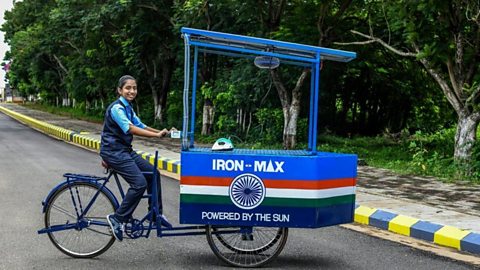
Welcome to The Regenerators.
62% of young people feel most passionate about climate change.
That's according to a recent survey in the UK by the National Grid, and you might be one of them. But did you know that having conversations with your friends and family about it can play a key role in creating change?
There are lots of ways you can encourage others to get on board with protecting the planet. The easiest is to simply start talking to your friends and family about the subject. Even better, why not talk about the solutions that already exist? Even if you don’t fully agree with the other person’s views, there’s a lot to learn from listening to their perspectives or concerns.
Not sure where to start? Learn how to inspire others with this video.
Hear from a group of young people who are sharing their best practices when it comes to talking to their friends and family about environmental issues like climate change.
Amy: The best solution to climate anxiety is action, but it can be really difficult to inspire people to care about climate change just as much as you do. But there are lots of things that we can do to help them on that journey.
So how can we help other people care about climate change?
Charlotte: Definitely recommend avoiding a confrontational tone however close you are to the person you're talking to because that way you can avoid the topic becoming argumentative and divisive.
Noah: You don't lecture them, just sharing your honest opinion.
Amy: A great way to help people to care about the environment is by relating it to things that they care about in their everyday lives.
Second-hand clothing apps are becoming really trendy and popular at the moment. So by talking about them and perhaps by showing your friends your latest item of clothing that you purchased off the second-hand app, then you can help them to use it too and do something that they like doing, but that's good for the world as well.
Charlotte: Trying to understand where they're coming from and listening to their viewpoint, start opening the conversation with questions. For example: Oh where did you hear that or why do you think that?
And that can really help understand their viewpoint.
What you can do to check that the facts you're using are relevant and correct is to search them up twice to see if two sources can confirm them.
Noah: So you want to make sure the source is very credible and well-known, like the United Nations report which has a lot of very good facts on it.
Simone: Activities that are eco friendly can also be very fun.
Noah: We encourage everyone to research a local environmental group.
Simone: We found one in our village and we're building a pond right now.
Amy: I helped my friends to start caring about climate change and about doing something by running a plastic free shop at my school.
Charlotte: Over lockdown I was kind of creating more sustainable and recycled toys and dress up for a lot of young people in my local area and that was a really fun and exciting way to get young people involved with the climate crisis and a way to introduce sustainability into their everyday lives.
Approach it in a friendly way
You may just be curious about other people’s views on climate change, or you may have a particular goal in mind. Whatever your reasoning is and whoever you are speaking to, try to be understanding, friendly and patient. Remember, they may not be as climate-savvy as you!
Relate it to the things they care about
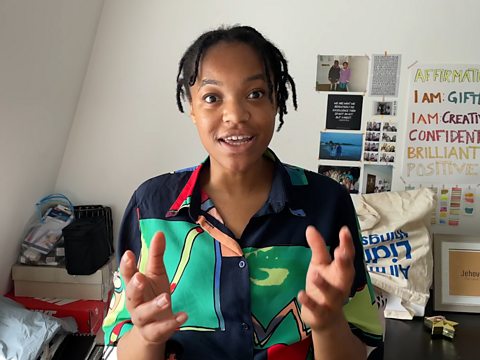
See if you can link the things they love doing with what’s good for the planet.
For example, if they’re into fashion, you can start by talking about the rise of second-hand clothing apps or show them a photo of a great vintage outfit you threw together.

Listen well
Ask open-ended questions and make sure the other person knows they can share their thoughts safely. Making them feel comfortable and trying to understand where they’re coming from helps to build trust. When they trust you, it’s easier for them to listen to your views, too.
Learn through credible sources
There’s always more to learn about when it comes to the state of the planet. Watch documentaries, read books and do your research. Just make sure to take breaks or stop so you don’t feel overwhelmed!
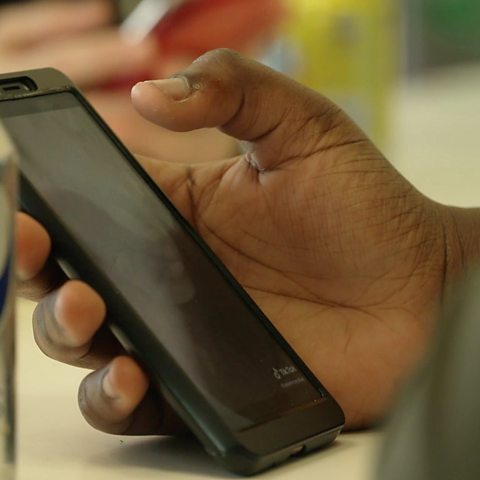
You can also learn to spot credible sources. Just because something is on the internet, it doesn’t make it true. If a news piece quoted a piece of research, see if you can find the original study (or other articles that quoted the same study) to find out:
- When the study was done (the more recent the better)
- The sample size if relevant (the bigger the better)
Make sure your facts are relevant
It’s good to back your views with facts and statistics, but make sure they are relevant and be careful not to overwhelm the other person. Lots of scary numbers can be a bit much sometimes!
Be the change you want to see
Whatever the outcome of your conversation is, carry on learning about climate change and doing the things that connect you with nature. Whether that’s visiting local parks, volunteering for a local environmental charity, running environmental initiatives at school or upcycling old toys to reduce waste. Change doesn’t always start big – it can be small and it can start with you.
Make a difference
Discover more about the planet and how to protect it with the BBC.
How to use your voice to make a difference
THE REGENERATORS
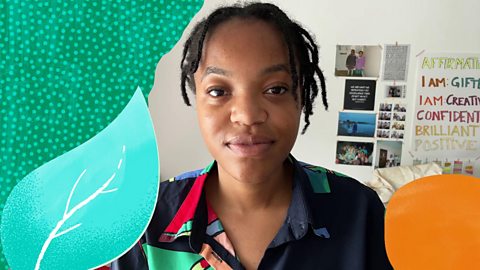
Three ways we can work together to address environmental issues
THE REGENERATORS
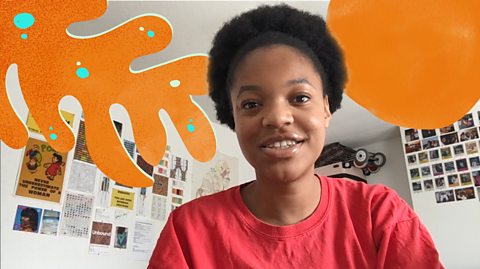
Return to the homepage
Back to The Regenerators
BBC BITESIZE

